Read time: 5 minutes.
When it comes to sports nutrition, carbohydrates and proteins usually take the spotlight. However, an often-overlooked component of an athlete’s diet is dietary fats. Fats often have negative connotations in the context of health and weight management. But they actually play a crucial role in supporting and enhancing athletic performance.
Dietary fats, also known as lipids, are composed of a diverse group of molecules that serve as essential building blocks for numerous physiological processes in the human body. The primary constituents of dietary fats are triglycerides, phospholipids, and cholesterol. Triglycerides are the most abundant form of fats and consist of three fatty acid molecules linked to a glycerol backbone. They are the primary storage form of energy in the body and provide a sustained source of fuel for physical activity.
Also Read: The DOs and DON’Ts of a Fat Adapted Diet for Athletes
Phospholipids, on the other hand, play a crucial role in cell membrane structure, maintaining cell integrity, and facilitating the movement of substances in and out of cells. Lastly, cholesterol, while often misunderstood, is a vital component of cell membranes and serves as a precursor for the synthesis of important hormones, such as testosterone and estrogen. Furthermore, cholesterol aids in the synthesis of vitamin D and plays a role in the formation of bile acids, which are essential for the digestion and absorption of dietary fats. Overall, the diverse biochemical roles of dietary fats encompass energy storage, cell structure and function, hormone synthesis, and nutrient absorption, making them indispensable for overall health and optimal bodily function.
The amount of energy generated from lipids, also known as fats, is a fundamental aspect of human metabolism. When the body breaks down fats for energy, a process called lipolysis, liberates a substantial amount of energy. Each gram of fat provides approximately 9 calories of energy, making it the most energy-dense macronutrient compared to carbohydrates and proteins, which provide 4 calories per gram. This high energy yield is attributed to the structure of fats, particularly triglycerides, which consist of long hydrocarbon chains that store a significant amount of potential energy within their chemical bonds. As a result, lipids serve as an essential and efficient long-term energy reserve in the body.
When the body requires energy during physical activity, especially during extended endurance exercises, lipids are broken down and converted into ATP (adenosine triphosphate), the energy currency of cells. This sustained and abundant source of energy from lipids is vital for meeting the energy demands of endurance athletes and individuals engaged in prolonged activities, ensuring they can perform at their best for extended periods.
Further Read: A Comprehensive Guide to Nutrition for Endurance Athletes
In this blog post, I share 6 reasons why athletes need healthy fat in their diet. I also share how athletes can optimize their performance by incorporating the right types and amounts of fats into their diet.
Here’s why athletes, regardless of age, need healthy fats-
1. They provide a sustainable energy source.
One of the primary reasons why dietary fats are essential for athletic performance is their ability to provide a sustained and reliable energy source. Unlike carbohydrates, which are quickly depleted during intense exercise, fats can provide a steady supply of energy during prolonged physical activity. This is particularly important for endurance athletes, such as marathon runners and cyclists, who need to maintain their energy levels over extended periods.
2. They enhance endurance.
As mentioned earlier, fats are the go-to source of energy for prolonged endurance activities. When an athlete’s carbohydrate reserves run low, the body relies more on fats for fuel. By training the body to utilize fats efficiently, athletes can prolong their endurance and stave off fatigue during long-lasting events. This adaptation is especially beneficial for ultra-endurance athletes who face grueling challenges lasting for hours or even days.
Also Read: 8 Secrets to Improving Endurance in any Athletic Activity
3. They reduce inflammation and support recovery.
Intense exercise can lead to inflammation and muscle damage, hindering an athlete’s recovery and future performance. Dietary fats, especially those rich in omega-3 fatty acids, possess anti-inflammatory properties that aid in reducing post-exercise inflammation and promoting faster recovery. This is essential for athletes who engage in frequent training sessions and competitions, as it allows them to maintain a higher level of performance over time.
4. They support hormones.
Fats are a fundamental building block for hormones, which are crucial regulators of various bodily functions, including metabolism, energy utilization, and muscle growth. Consuming sufficient dietary fats helps maintain hormonal balance, ensuring optimal physiological responses during exercise and supporting muscle repair and growth after workouts. Hormonal imbalances caused by inadequate fat intake may lead to suboptimal athletic performance and hinder progress in training.
5. They improve nutrient absorption.
Certain vitamins, such as vitamins A, D, E, and K, are fat-soluble, meaning they require dietary fats for absorption and utilization in the body. These vitamins play vital roles in maintaining bone health, immune function, and overall well-being. By including healthy fats in their diet, athletes can maximize the absorption of these essential nutrients and, in turn, improve their athletic performance and overall health.
Also Read: The Vital Role of Micronutrients in Athletic Performance
6. They enhance mental clarity and focus.
The brain is composed mainly of fats, and they play a crucial role in supporting cognitive function. Adequate fat intake has been associated with improved mental clarity, focus, and overall cognitive performance. For athletes competing in sports that require split-second decision-making and concentration, such as basketball, soccer, and tennis, a well-balanced diet that includes fats can significantly impact their performance.
For these reasons, low-fat diets in athletes can pose significant dangers and consequences on their performance and overall health. While reducing dietary fat intake might seem like a logical approach to managing weight, it can lead to several detrimental effects. Athletes on low-fat diets may experience difficulty in maintaining lean muscle mass and strength.
Low-fat diets may also result in psychological and emotional consequences, as dietary fats contribute to satiety and satisfaction after meals. Constant feelings of hunger and restriction can impact an athlete’s mental focus, mood, and adherence to their training and nutrition plan. Ultimately, for athletes to perform at their best, it is essential to maintain a balanced diet that includes sufficient healthy fats to support energy levels, recovery, and overall well-being.
Incorporating snacks with healthy fats into your diet can not only improve athletic performance but also provide a satisfying and nutritious boost. Here are some snack ideas which are good sources of healthy fats:
| Snack | Details | Dietary Fat |
|---|---|---|
| Avocado toast | 1 slice whole grain bread + 1/4 ripe avocado | 6 grams |
| Greek yogurt with nuts & seeds | 1/2 cup plain Greek yogurt + 1 TBSP mixed nuts and seeds (almonds, walnuts, chia seeds, flaxseeds, etc.) | 8 grams |
| Apple + nut butter | 1 medium apple with 1 TBSP almond or peanut butter | 9 grams |
| Chia seed pudding | 2 TBSP raw organic chia seeds soaked in 1/2 cup of almond milk, topped with fresh mixed berries | 10 grams |
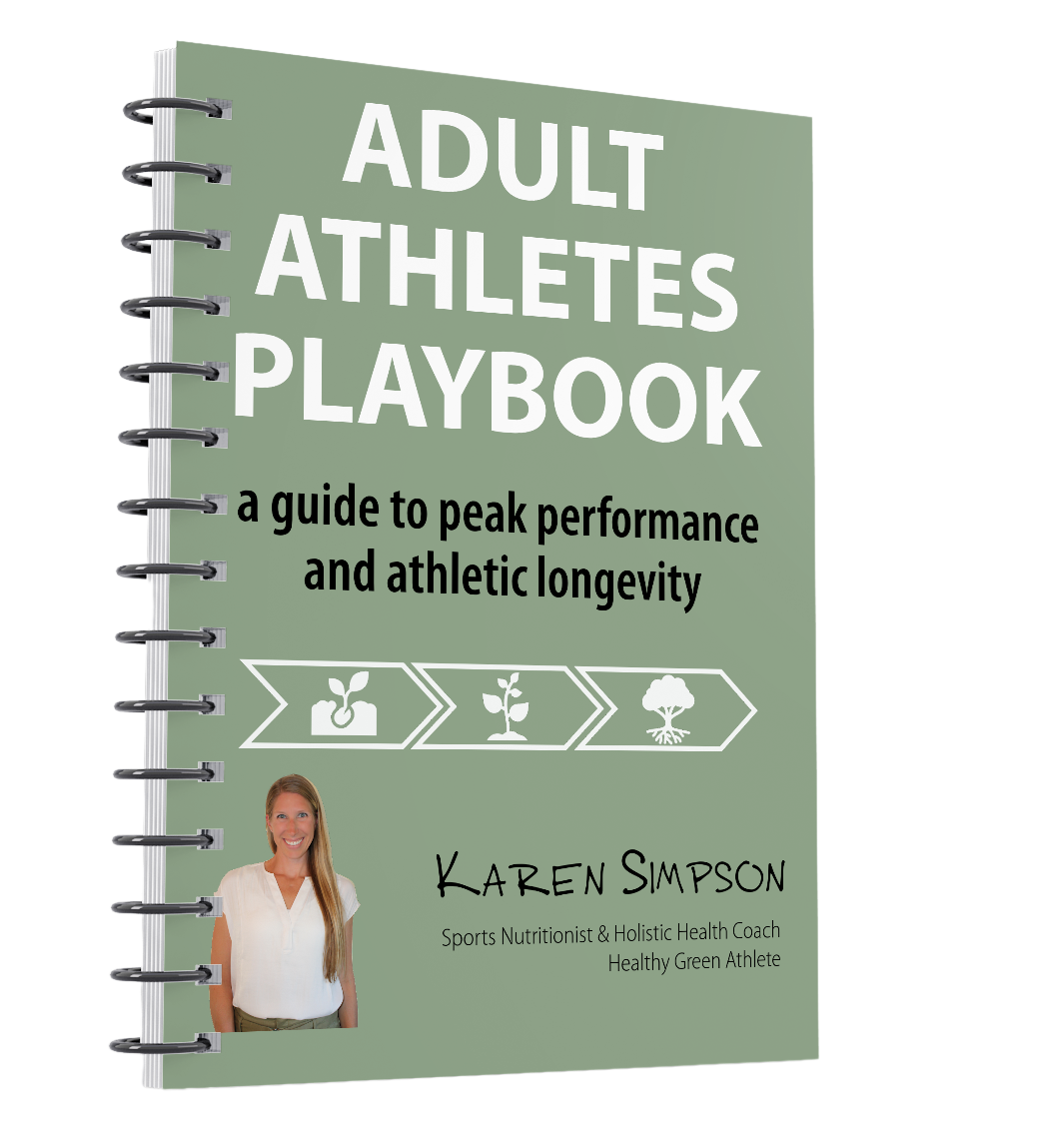
Adult Athletes Playbook
A Guide to Peak Performance and Athletic Longevity
This playbook will help you develop and implement a personalized game plan for improving athletic performance.


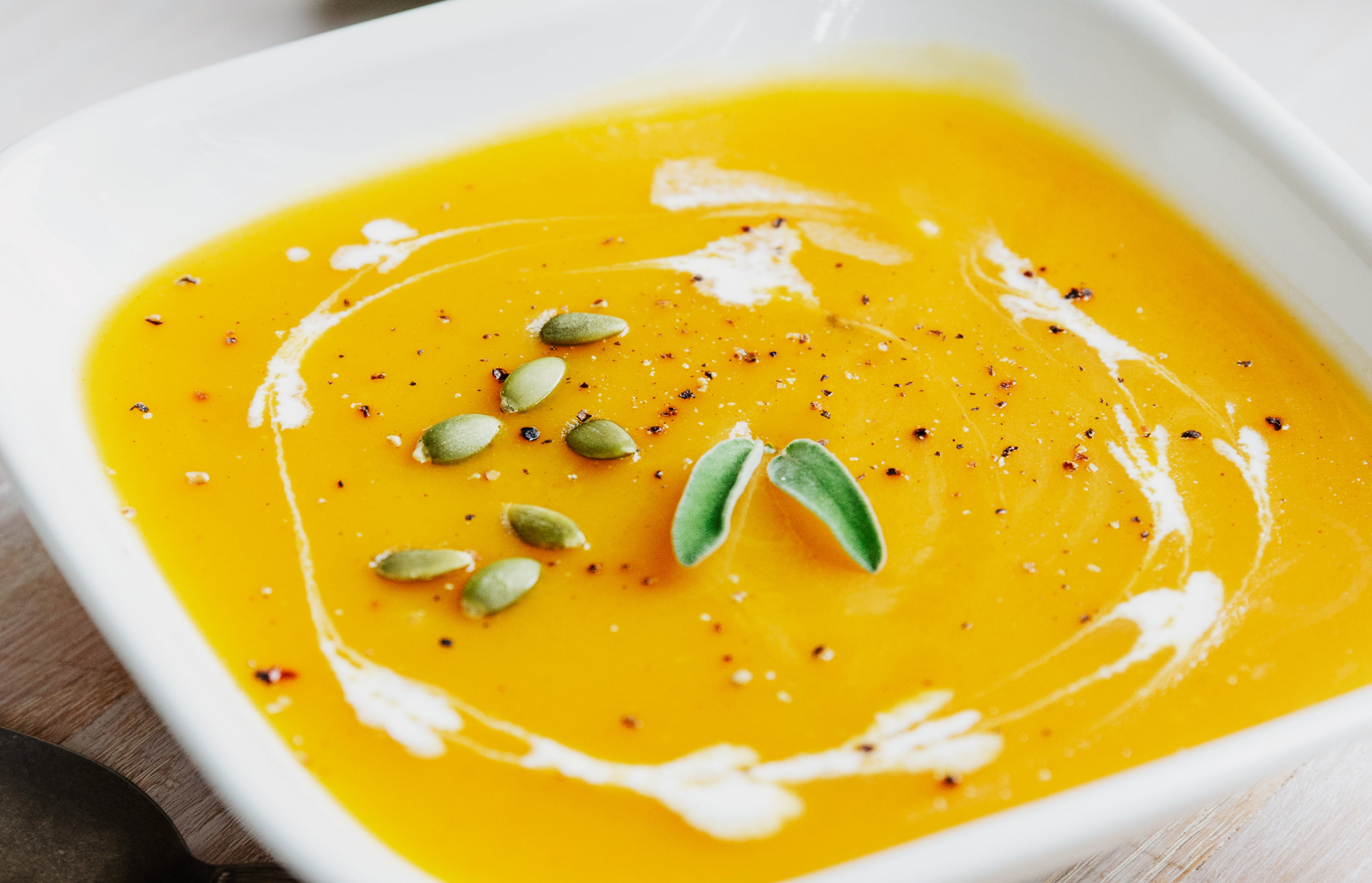
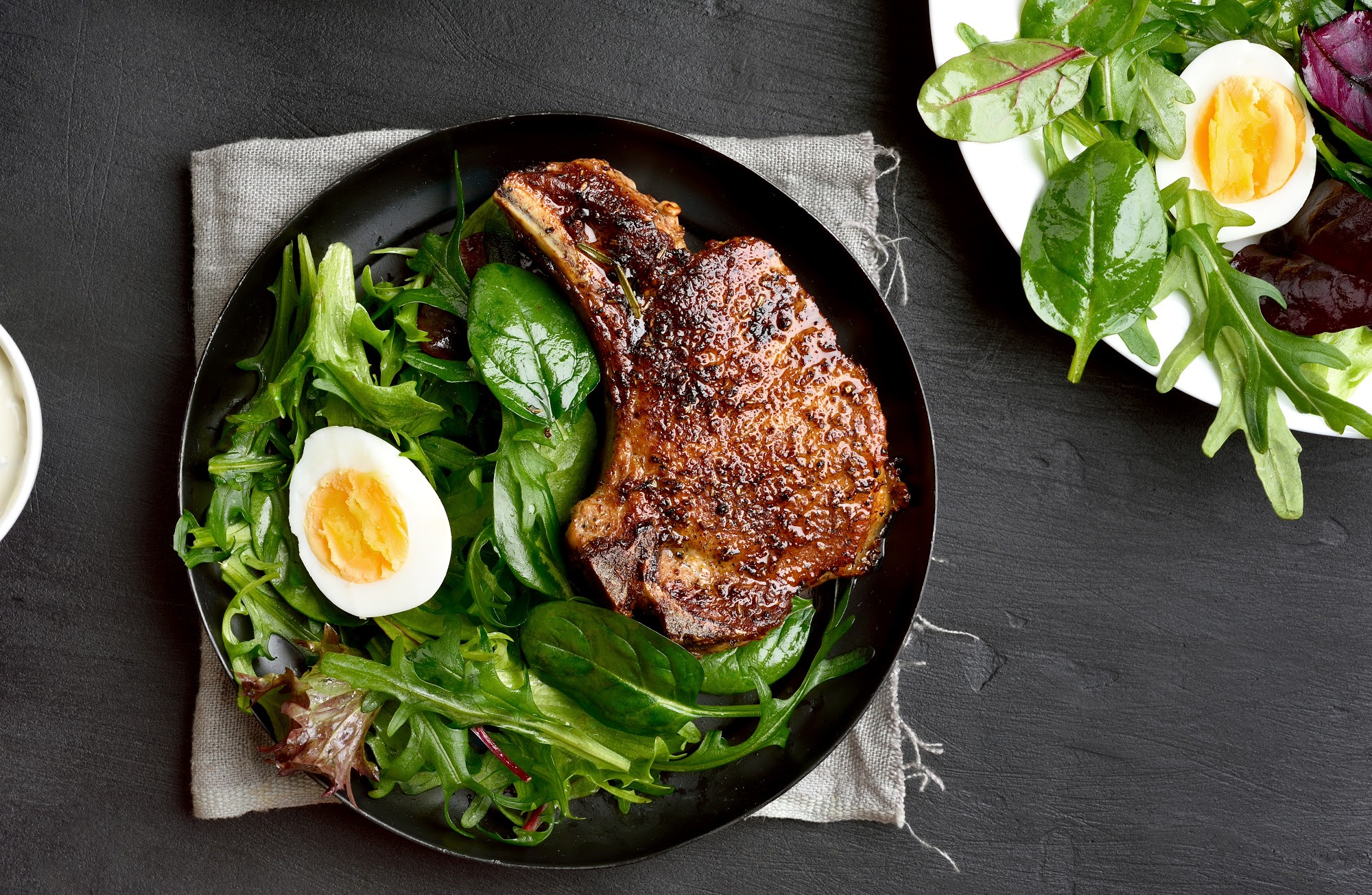




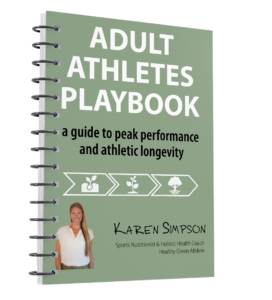

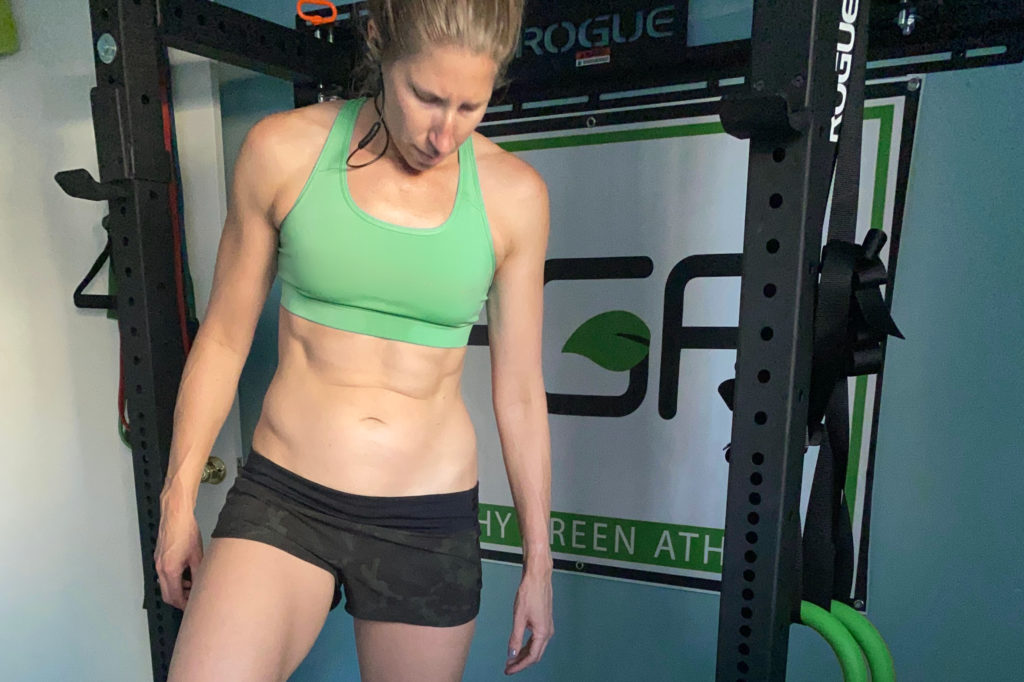

2 Comments
Pingback:
Pingback: